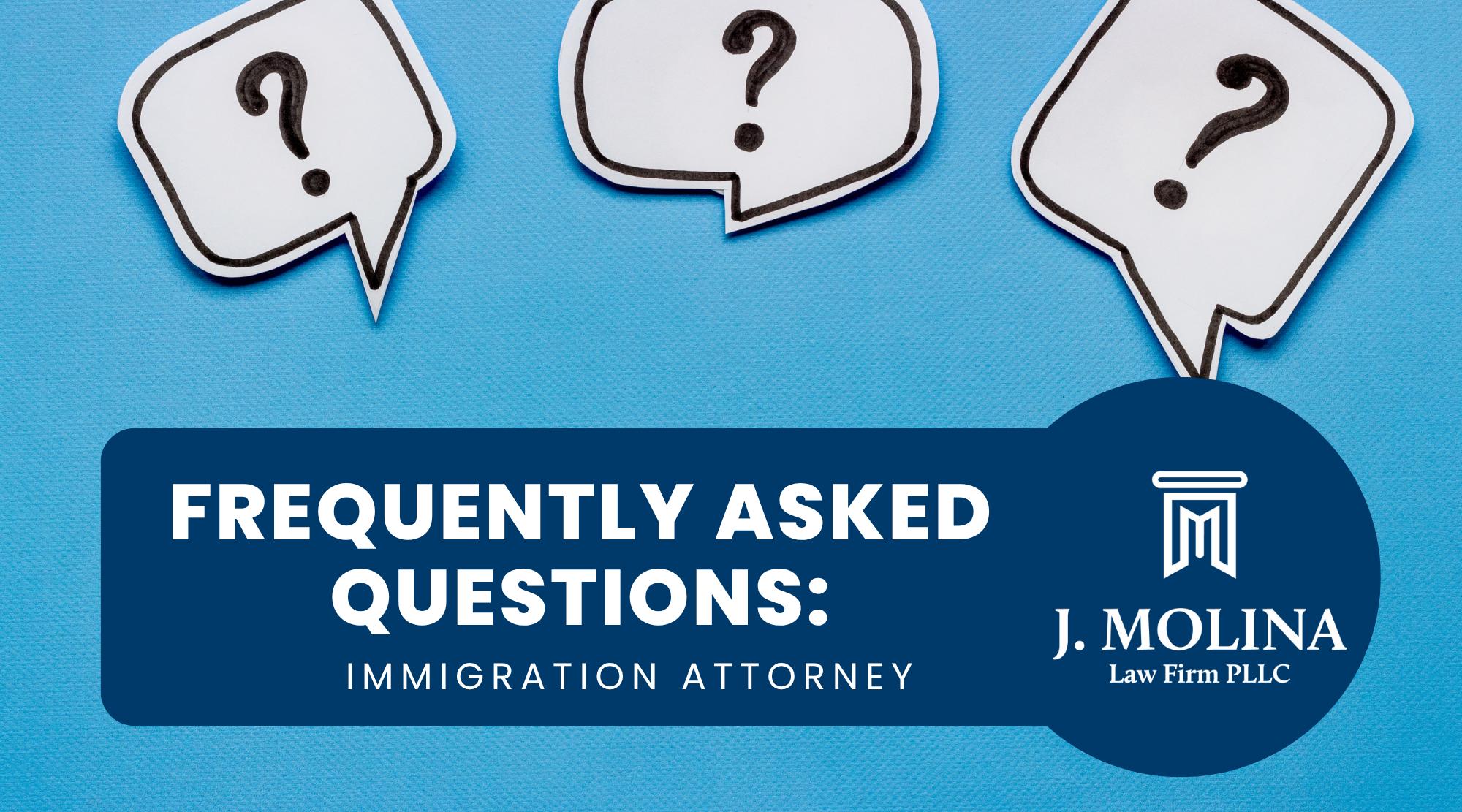Filing a family petition with U.S. Citizenship and Immigration Services (USCIS) is a crucial step toward reuniting with loved ones in the United States. However, many applicants make preventable mistakes that can delay or even derail the process. Below, we highlight the most common errors and how to avoid them.
1. Incomplete or Incorrect Forms
One of the most frequent issues is submitting forms that are outdated, unsigned, or contain missing or conflicting information. Even a small oversight can result in immediate rejection.
Tip: Always download the latest form from the USCIS website and double-check every field before submission.
2. Missing or Poor Documentation
Failing to include essential documents—like birth certificates, marriage licenses, or proof of relationship—can lead to delays or denials. Blurry copies or missing translations are also problematic.
Tip: Make sure all documents are clear, complete, and translated into English by a certified translator if necessary.
3. Incorrect Filing Fees
Sending the wrong amount or making a check payable to the wrong entity will cause your application to be rejected without review.
Tip: Verify the most current fee for your petition directly on the USCIS website before submitting.
4. Not Meeting Eligibility Requirements
Some petitioners file for relatives they’re not eligible to sponsor—such as permanent residents trying to petition for married children or parents. Others don’t meet financial sponsorship guidelines.
Tip: Understand who qualifies under immediate relative and family preference categories, and confirm that you meet the income requirements for the Affidavit of Support.
5. Incorrect Routing or Case Type
Mistakes in indicating whether the case should be processed inside the U.S. (adjustment of status) or abroad (consular processing) can cause major delays.
Tip: Fill out all destination information carefully. Misrouting often requires additional forms, time, and fees to correct.
6. Weak Relationship Evidence
Simply stating the relationship is not enough—especially in spousal petitions. USCIS expects strong proof of a genuine relationship.
Tip: Include a variety of supporting documents like photos, joint bills, lease agreements, and messages to show a real, ongoing relationship.
7. Failing to Respond to USCIS Requests
Delays or failures to respond to Requests for Evidence (RFEs), interview notices, or correspondence can lead to a denied petition.
Tip: Monitor your mail and USCIS account regularly and respond to all requests by the stated deadlines.
8. Not Seeking Legal Help When Needed
Trying to handle complex immigration cases without proper guidance—or trusting non-accredited advisors—can jeopardize your case.
Tip: When in doubt, consult with a licensed immigration attorney who can help you avoid costly errors and protect your future.
Don’t Risk Your Family’s Future
A family petition is often the foundation of your family’s path to legal status in the U.S. But one mistake can delay that dream or shut the door altogether. The best way to ensure success? Be informed, be thorough—and when needed, seek professional legal help.
Need help with a family petition?
At J. Molina Law Firm, we guide families through every step of the immigration process with care and precision. Contact us today for a personalized consultation and avoid the mistakes that can cost you time and peace of mind.



